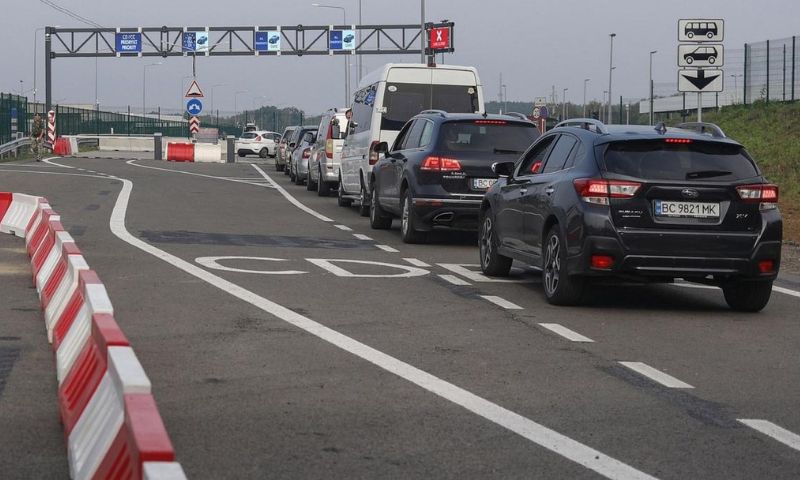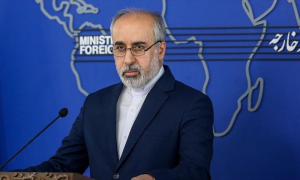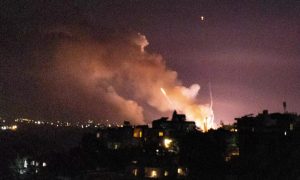PRAGUE: Three European countries, Poland, the Czech Republic, and Austria have announced the reintroduction of border controls with Slovakia, aiming to curb illegal migration into their countries. Poland’s Interior Minister Mariusz Kaminski stated that border controls at the Slovakia-Poland border would be implemented starting midnight, followed by similar actions from the Czech Republic and Austria.
The move comes amidst a rise in migrants, predominantly from Serbia via Hungary, entering Slovakia. Slovak police reported approximately 24,500 migrants detected in the first eight months of this year, a significant increase from previous years. Most identified themselves as Syrians, who cannot be detained or deported under international rules, leading to concerns about their movement to Western Europe.
Czech Prime Minister Petr Fiala emphasized the necessity of these measures due to the growing number of illegal migrants entering the European Union. “We are not taking this lightly,” he stated on social media platform X. However, Slovak Prime Minister Ludovit Odor stressed the need for a European solution to address migration challenges at the external borders, highlighting concerns about the potential financial and security implications of individual countries fortifying their borders.
European Countries’ Stance on Migration
The Visegrad-four (V4) group, comprising the Czech Republic, Hungary, Poland, and Slovakia, has been known for its stance against migrant redistribution quotas proposed by the European Union. Germany recently announced intensified border controls with Poland and the Czech Republic to manage rising levels of illegal migration, considering fixed controls on Polish and Czech borders.
All these countries, including Slovakia, are members of the European Union and the Schengen open-borders zone. Reintroducing border checks within the Schengen Area requires exceptional circumstances and notification to the European Commission. Warsaw has informed the European Commission about its decision, indicating their adherence to the regulations. The duration of these border controls is expected to be ten days initially, with further actions to be determined based on the evolving situation.























